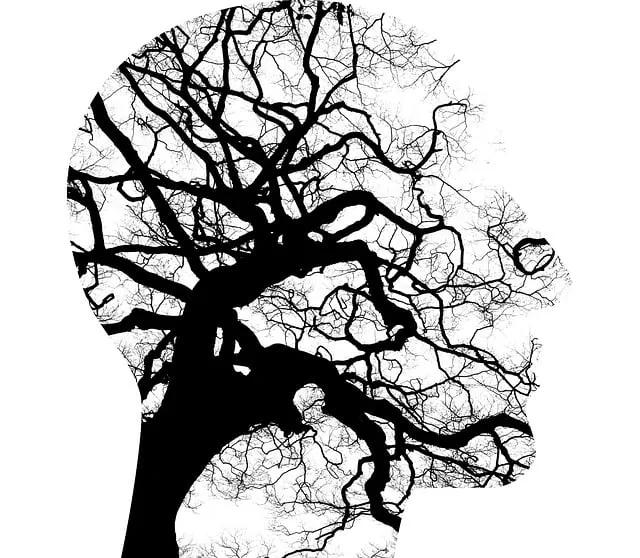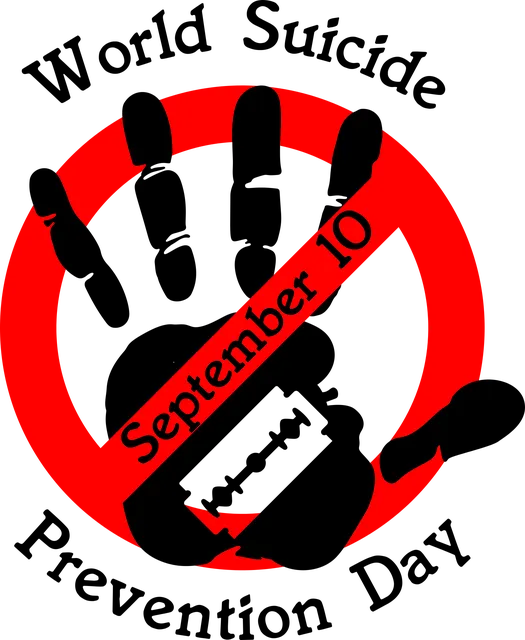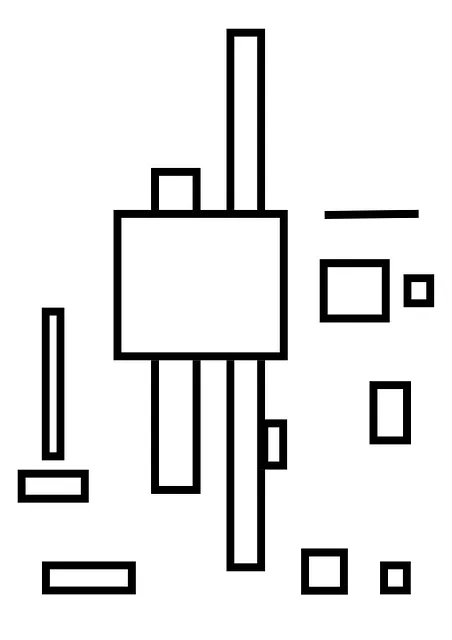Aurora Kaiser Permanente (KP) revolutionizes mental health care with its Resilience, Flexibility, and Mindfulness (RFM) program, accessible through their dedicated mental health phone number. This innovative approach integrates evidence-based techniques like mindfulness meditation and conflict resolution training to empower individuals with self-care tools. By combining traditional therapy with RFM exercises, Aurora KP offers personalized stress reduction methods leading to improved resilience and emotional regulation. Their success story encourages open communication, fosters a supportive community, and demonstrates the potential for such progressive practices to transform mental healthcare, with tailored support accessible via their phone number.
“Discover the transformative power of RFM (Resilience, Flexibility, and Mastery) in enhancing mental health support. This comprehensive guide explores how innovative services at Aurora Kaiser Permanente have revolutionized care, combining RFM with established therapy practices. Learn about tailored resilience-building exercises and effective implementation strategies for professionals. Find out how to measure the success of RFM programs and gain valuable insights from the Aurora Kaiser Permanente mental health phone number case study, offering practical steps for improving patient outcomes.”
- Understanding RFM and Its Impact on Mental Health Support
- Aurora Kaiser Permanente: A Case Study on Innovative Services
- The Role of Resilience-Building Exercises in Therapy
- Implementing RFM: Strategies for Effective Delivery
- Measuring Success: Evaluating the Effectiveness of RFM Programs
Understanding RFM and Its Impact on Mental Health Support

Understanding RFM—or Resilience, Flexibility, and Mindfulness—is key to enhancing mental health support services, especially in today’s fast-paced world. This approach focuses on empowering individuals with self-care practices that promote resilience, enabling them to navigate life’s challenges more effectively. By integrating these strategies, Aurora Kaiser Permanente can offer comprehensive mental health care that extends beyond traditional therapy sessions.
The implementation of RFM techniques allows for the development of coping skills, enhancing an individual’s ability to manage stress and adversity. Moreover, it encourages open communication strategies, fostering a supportive environment where individuals feel comfortable expressing their emotions and seeking help. Through these means, Aurora Kaiser Permanente’s mental health phone number becomes a valuable resource, providing accessible support tailored to each person’s unique needs.
Aurora Kaiser Permanente: A Case Study on Innovative Services

Aurora Kaiser Permanente stands as a beacon of innovation in mental health services. Through their forward-thinking approach, they’ve integrated unique resilience-building exercises into their care model. This case study highlights how such initiatives can significantly enhance patient outcomes. By combining traditional therapy with dynamic activities, Aurora KP not only aids in stress management but also fosters self-esteem improvement.
Their programs offer a range of stress reduction methods, tailored to individual needs, making mental health support more accessible and engaging. This holistic strategy has proven successful in building resilience, empowering patients to navigate life’s challenges with greater ease. The success at Aurora Kaiser Permanente demonstrates the potential for such innovative practices to revolutionize mental healthcare, setting a precedent for other institutions seeking effective yet progressive treatment models.
The Role of Resilience-Building Exercises in Therapy

Resilience-building exercises play a pivotal role in therapy, especially within mental health practices like those offered by Aurora Kaiser Permanente. These exercises are designed to equip individuals with effective coping strategies and enhance their ability to navigate life’s challenges. By incorporating techniques such as mindfulness meditation, conflict resolution training, and other evidence-based practices, therapists can help clients develop mental fortitude.
The integration of resilience-focused activities in therapy offers numerous benefits. It empowers individuals to manage stress, regulate emotions, and foster positive relationships. For instance, mindfulness meditation teaches present-moment awareness, enabling better decision-making and emotional regulation. Conflict resolution techniques promote healthy communication, which is essential for resolving interpersonal issues and building supportive networks. Through these exercises, mental health professionals conduct a comprehensive risk assessment, identifying vulnerabilities and strengthening clients’ overall resilience, ultimately enhancing their well-being and quality of life.
Implementing RFM: Strategies for Effective Delivery

Implementing RFM (Resilience, Flexibility, and Mindfulness) strategies effectively requires a structured approach tailored to individual needs. Aurora Kaiser Permanente’s mental health phone line offers valuable resources for navigating life’s challenges. By integrating RFM into daily routines, individuals can enhance their resilience, fostering an ability to adapt and recover from setbacks. This process involves identifying personal triggers and developing coping mechanisms that promote emotional well-being.
The Mental Wellness Podcast Series Production provides a platform for exploring Mind Over Matter Principles, offering practical guidance on crisis intervention. These principles empower individuals to manage stress and anxiety, cultivating a sense of calm amidst turmoil. Through regular practice, RFM exercises can transform into valuable tools for personal growth, enabling folks to navigate life’s complexities with greater ease and composure.
Measuring Success: Evaluating the Effectiveness of RFM Programs

Measuring success is a vital component of any program implementation, especially when addressing complex topics like mental health and resilience. In the context of Aurora Kaiser Permanente’s Community Outreach Program, evaluating the effectiveness of RFM (Resilience, Flexibility, and Mindfulness) exercises involves a multifaceted approach. Phone-based support services, such as those offered by the mental health team, play a crucial role in this process.
Through regular check-ins and feedback mechanisms, program coordinators can gauge participant progress and satisfaction levels. This includes tracking improvements in stress management, emotional regulation, and overall resilience. Additionally, integrating risk management planning for mental health professionals ensures that support services like Trauma Support are accessible and tailored to individual needs. By combining these strategies, Aurora Kaiser Permanente aims to foster a supportive environment that not only enhances community outreach but also strengthens the overall well-being of its members.
Resilience is a powerful tool in navigating life’s challenges, and implementing RFM through structured exercises has proven effective in enhancing mental well-being. As demonstrated by the case study of Aurora Kaiser Permanente, innovative services that incorporate RFM can significantly improve patient outcomes. By integrating these strategies into therapy, professionals can empower individuals to build resilience and cope with stress. With proper evaluation methods, RFM programs can be fine-tuned to ensure their success, potentially transforming mental health support and improving lives. For those seeking Aurora Kaiser Permanente’s expertise in mental health services, their phone number offers a gateway to resources that prioritize building resilience and fostering better mental health.






